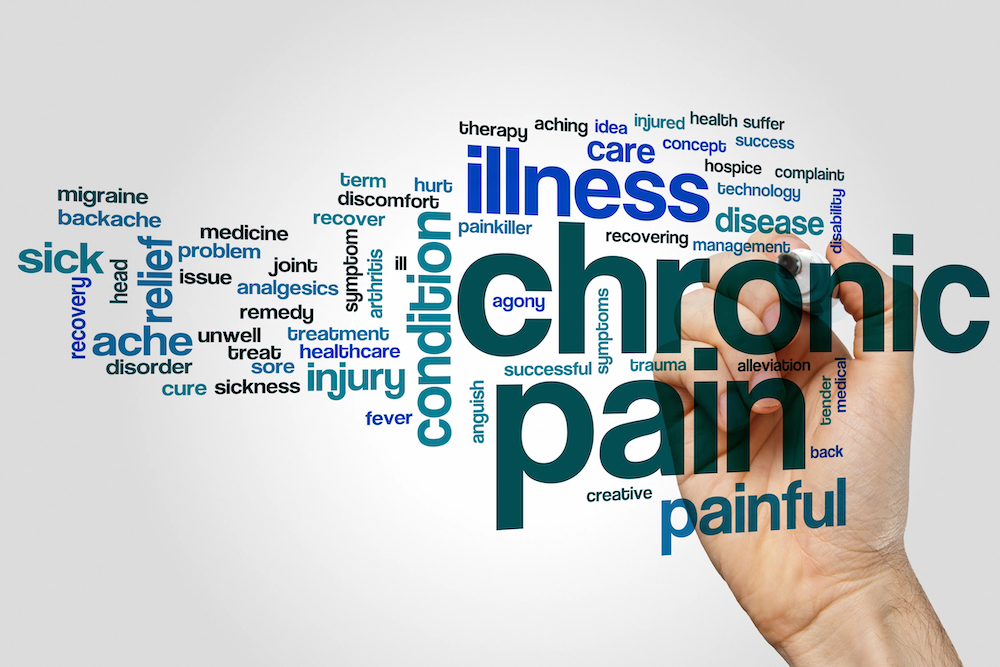Chronic pain is a persistent and ongoing pain that lasts for several weeks or more. It can range in severity and can interfere with an individual’s ability to carry out daily activities, such as work, school, and personal relationships.
Chronic pain can be caused by a variety of factors, including injury, illness, or medical conditions. It can also occur without a specific cause. Some common medical conditions that can cause chronic pain include arthritis, fibromyalgia, and chronic fatigue syndrome.
The experience of chronic pain can vary from person to person. Some people may have constant pain, while others may experience pain that comes and goes. The pain may be dull and aching, or it may be sharp and stabbing. It may be localized to one area of the body, or it may be more widespread.
The treatment of chronic pain often involves a combination of medication, therapy, and lifestyle changes. Pain medication, such as nonsteroidal anti-inflammatory drugs (NSAIDs) or opioids, can help to relieve pain. However, these medications can have side effects, such as stomach upset or drowsiness, and they are not suitable for everyone. Ketamine has been shown to be highly effective in treatment of chronic pain, and particularly in Complex Regional Pain Syndrome (CRPS) with significantly less side effects and addiction potential than typical medications such as opioids.
In addition to medication, therapy can be an effective treatment for chronic pain. A therapist can help an individual to better understand their pain and to develop coping strategies for managing it. Cognitive behavioral therapy (CBT) is a type of therapy that can help to change negative thought patterns and behaviors that may be contributing to the pain.
Lifestyle changes, such as regular exercise, a healthy diet, and stress management, can also help to improve chronic pain. Exercise can help to improve flexibility and strength, and it can also release endorphins, which are natural painkillers. A healthy diet can provide the body with the nutrients it needs to function properly and to heal from injury or illness. Stress management techniques, such as meditation or deep breathing, can help to reduce the emotional impact of chronic pain.
It is important to seek help if you or someone you know is experiencing chronic pain. Chronic pain is a complex condition and can be difficult to manage on your own. A medical or mental health professional can help to develop a treatment plan that is tailored to your individual needs and goals.
While chronic pain can be challenging to live with, it is important to remember that it is treatable. With the right combination of medication, therapy, and lifestyle changes, many people are able to manage their chronic pain and live fulfilling lives. If you or someone you know is experiencing chronic pain, it is important to seek help from a medical or mental health professional.

